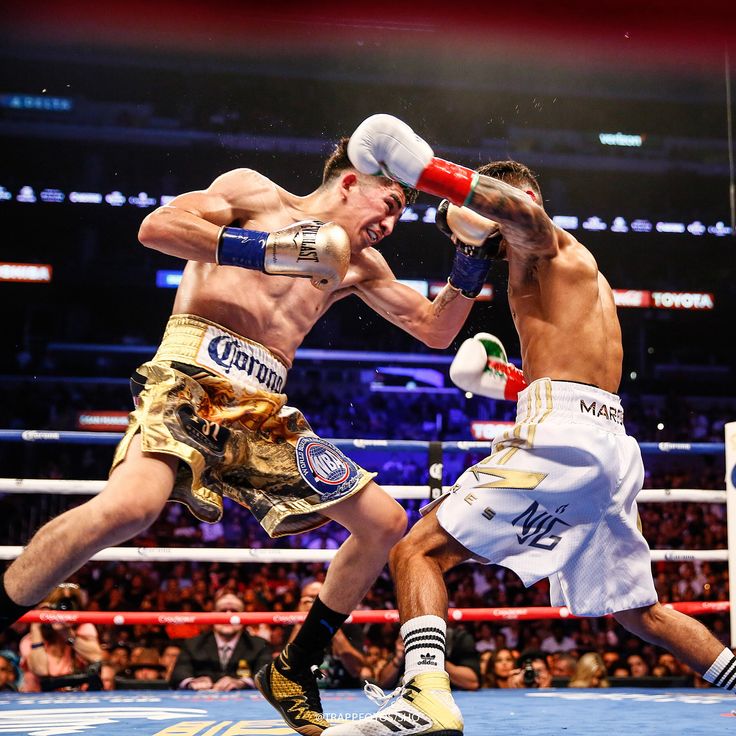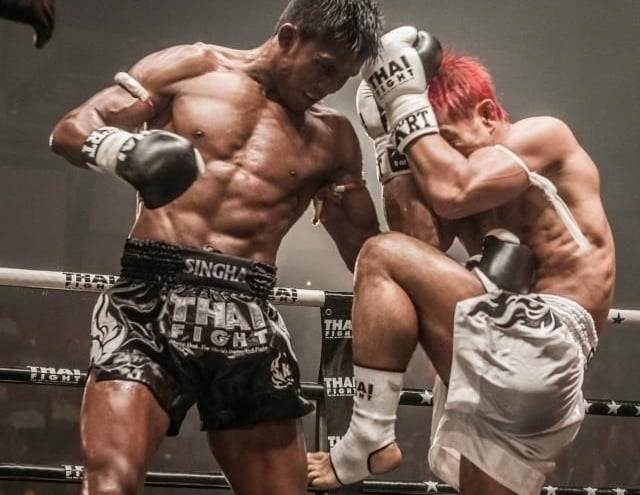All About Kickboxing Athletes: Mastery, Discipline, and Power
This sport combines features from karate, Muay Thai, and boxing to create a somewhat demanding exercise that demands an individual possesses a unique blend of strength, speed, agility, and mental focus


The Nature of an Athlete Kickboxer:
A kickboxer is, in all respect, not only a fighter but a martial artist, being aggressive in offence and yet conscious of defense. They are trained on punches, kicks, elbows, and knee strikes, with how to dodge and parry. But the picture is not so and one needs a little more than what the earlier assumption was. A good kickboxer also develops mental strength, in that one learns how to strategize, read one's opponent, and adapt tactics in the heat of battle.
Training and Conditioning:
The training of a kickboxer never ends. It is for much more than just learning strikes and kicks-it is endurance training, building strength, flexibility, and cardiovascular conditioning. Kickboxers often train in intense circuits that include bag work, sparring, shadow boxing, plyometrics, and interval running. This type of activity is balanced to make them fast, strong, and able to maintain high energy once they are in a bout.
This also gives core strength, which enables an athlete to provide power through legs, allowing for the mainstay of powerful kicks and steady footwork. Stretching and flexibility are integral parts of a kickboxer's daily routine that allow them to obtain maximum range in their kicks without injuries.
Mental Discipline:
Kickboxing is more than just an exercise of strength. It involves clear mental control. The players need to be focused and in command of their feelings at any given time the match is raging on. This clarity of mind helps them eschew impulsive moves that may expose them to harm and allows them to keep their cool as they think ahead and outmaneuver the opponents.
In reality, the mind of a kickboxing athlete has learned to evaluate carefully the opposite player's next move and work out the possible weaknesses and seize any opportunity—in short, all requiring a very good understanding of those tough intricacies of the techniques and tactics of the sport.
Life of the Fighter:
A disciplined lifestyle is a precondition of becoming a kickboxing athlete. Since this sport is really demanding, nutrition plays an important role in keeping the body at top shape. Many diets are carefully planned in order to gain energy, to recover muscles, and more importantly, good health. Athletes consume such lean proteins, complex carbohydrates, and healthy fats added to proper hydration for peak performance.
Another essential requirement in a kickboxer's routine is sleep and recovery. The body tends to get torn apart with hard physical training, so some strategies of recovery include massage, stretching, and active rest. Mental recovery is just as important; many athletes make mindfulness practices such as meditation or visualization important as well for mental refreshers.
Competition and Glory:
For a kickboxing athlete, the competition is actually where he/she testifies to the so much-buying of skills. It's some reflection of his or her physical capabilities, strategic depth, and mental fortitude. Each match in the ring, mat, or cage is a high-stakes battle demanding utmost focus and preparation.
The glory of being a kickboxing athlete does not only accrue from victories but also from personal growth. Every bout, win or lose, fosters lessons and sharpens the athlete's skills set. Through competitiveness, kickboxers become real legends of the sport.
Kickboxing Athletes: A Blend of Art and Combat:
Ultimately, what kickboxers present is perfect conjuncture of art and combat. Their mastery over technique, their training dedication, and mental fortitude add up to the performance: beautiful and powerful. Whether it's for professional competition or self-discipline and personal growth, the professional kickboxer stands as the modern warrior, who through hard times and perseverance brings people through.
In each powerful strike and fluid movement, they presented the fact that kickboxing is a game, but it is also a way of life.













